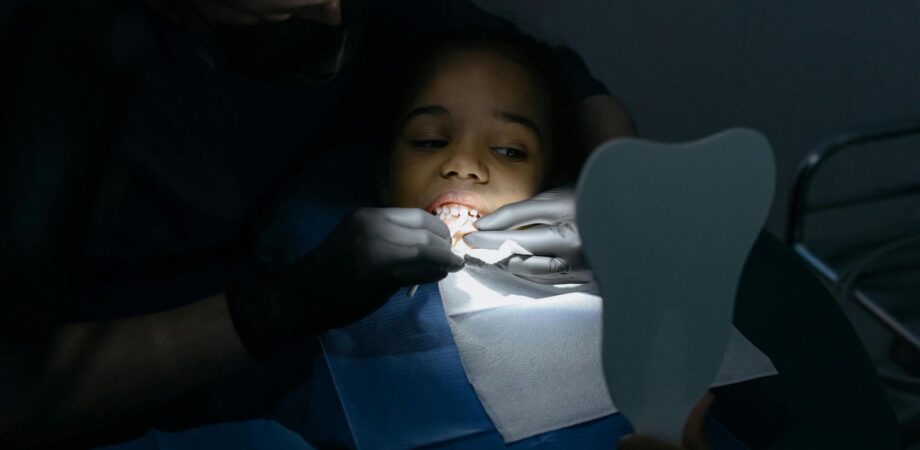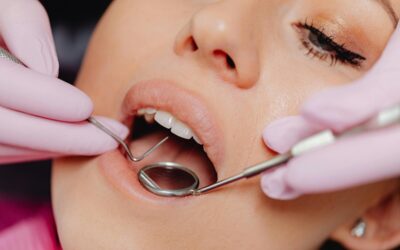What are the best hypnotherapy techniques for fear of the dentist?
If the thought of sitting in a dentist’s chair makes your palms sweat or sends your heart racing, you’re far from alone. Dental phobia is surprisingly common in UK, affecting thousands of people who often put off appointments for years — sometimes even decades.
But here’s the good news: hypnotherapy is helping more and more people overcome their fear of the dentist — without medication, sedation, or judgment. How does it work, and what techniques are used?
If you’re planning to take sessions of hypnotherapy for dental phobia, then make sure you get in touch with the professional therapist and plan your sessions accordingly.
What is hypnotherapy for dental phobia?
Hypnotherapy is a therapeutic technique that uses guided relaxation and focused attention to access the subconscious mind. It’s not about clucking like a chicken or giving up control — it’s about gently rewiring unhelpful thought patterns and emotional responses.
When it comes to dental phobia, hypnotherapy helps tackle the root of your fear — whether that’s past trauma, fear of pain, loss of control, or even embarrassment. Many clients say that after just a few sessions, they feel calmer, more in control, and can confidently attend dental appointments.
Proven techniques for hypnotherapy for dental phobia
Progressive relaxation and visualisation
One of the core techniques in hypnotherapy is progressive muscle relaxation. Your hypnotherapist will guide you into a deeply relaxed state by helping you release tension from your body, bit by bit. This helps quiet the nervous system and reduce the fight-or-flight response that dental fear often triggers.
Visualisation is then used to create calming mental images, such as walking through a peaceful garden or imagining a calm and comfortable dental visit. Over time, these mental pictures help replace fear with a sense of ease.
Desensitisation through rehearsal
Also known as “hypnotic rehearsal,” this technique allows you to mentally practise a positive dental visit in a deeply relaxed state. For example, you might visualise walking into the waiting room, greeting the dentist, and undergoing treatment calmly. During this therapy, your whole body stays relaxed.
This gradual desensitisation helps your brain learn that going to the dentist doesn’t have to be stressful or scary. The more you practise, the more natural it feels.
Regression therapy
For those with long-standing dental trauma, for instance, perhaps you have a painful childhood experience, then your hypnotherapist may use regression techniques. This involves revisiting the original event in a safe and controlled way to reframe how your mind stores and responds to that memory. This therapy is not for everyone, but it can be a powerful step toward long-term healing when appropriate.
Post-hypnotic suggestions
A big part of hypnotherapy’s success lies in post-hypnotic suggestions. During this therapy, positive messages are planted in your subconscious while you’re deeply relaxed. These might include phrases like “I remain calm and in control at the dentist” or “Dental visits help me stay healthy and strong.” These suggestions continue to work long after your session ends, gently shifting your mindset in the background.
Hypnotherapy will not show results magically. It is a long-term process, but for many people struggling with dental phobia, it’s a gentle, effective, and empowering way to break free from fear. If you’ve been avoiding the dentist for years or feel panicked just thinking about a check-up, it might be time to explore what hypnotherapy can do for you.
Get in touch with Mindweave Hypnotherapy for help with overcoming dental phobia. Book personalised hypnotherapy sessions with us today to start your journey.



